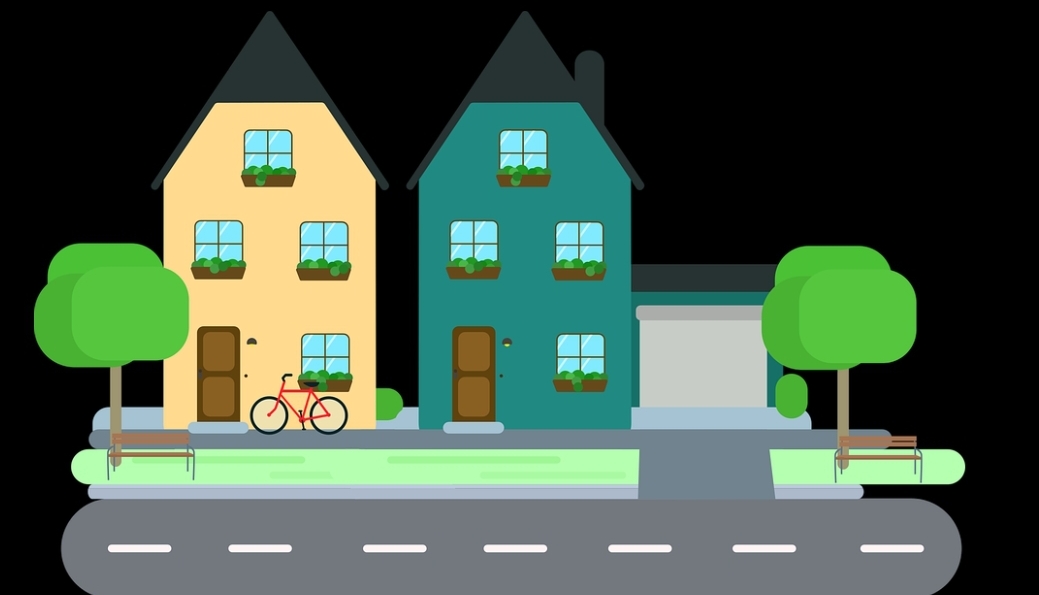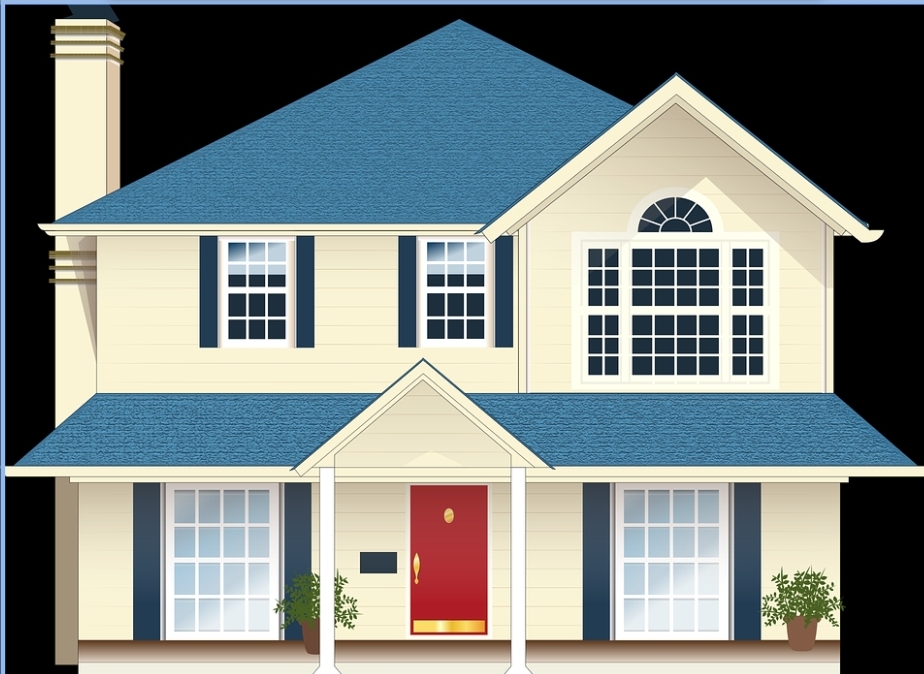Low Interest Loans
You can get consumer loans for just about any purpose nowadays. You can get a secured loan such as a mortgage or car loan. You can also get some loans that have no security or collateral such as a personal loan. All these types of loans can have low interest if your credit history and credit score are good enough.
You can do some research to find a loan with the lowest interest rate and you should be able to find a number of places. You can look at forbrukslån laveste rente, or consumer loans with the lowest interest rates. They will have some options available for you, even you have bad credit.
This article will tell you a little about low interest consumer loans and what you need to know about them. It will focus on a particular type of consumer loan – the mortgage. This is a consumer loan that will allow you to buy your home. It will touch on other consumer loans, as well, and how to get one with low interest.

Loan Information
- Loan Terms
There are many types of consumer loans and therefore many types of loan terms. If you want to pay off your home quickly, you will want to choose a shorter term, such as the 15-year loan. If you want to save money each month, you will want to go for a longer term, either the 20-year loan or the 30-year loan. Sometimes, you will get a lower interest rate the shorter the loan term is. This is not always the case and your credit history and credit score have a lot to do with interest rates, as well.
- Interest Rates
Interest rates are what the lender charges you to borrow their money. This can be varied depending on the lender and your credit history. Some interest rates are as low as 5% or even lower, but they can go up to double digits. You need to have a clean credit history to get a loan with a better interest rate.
- Interest Rate Types
There are two different types of interest rates – the fixed rate and the variable rate. The fixed rate is one interest rate that stays the same throughout the life of the loan. The variable rate will move along with the market and can change many times during the life of the loan. Sometimes a variable rate will be better for you if you expect the interest rates to go down over time.
- Adjustable-Rate Mortgage
An adjustable-rate mortgage usually is called a 5/1 ARM, which means that you will be paying one interest rate for five years and then it can change annually after that. Most adjustable rate mortgages last for 30 years, but some are 15 or 20 years. This is a risky way to go because you don’t know how often the interest rates will change or if they will go too high.
- Conventional Mortgage
This is a type of mortgage that goes through a private lender and has different rules and regulations than government backed loans. Conventional loans are the most common loan, but they can be more difficult to get. They typically don’t cost as much as FHA loans, either, you just need to have really good credit to get one. If your score is 680 or above, you are more likely to get a conventional mortgage.
- FHA Loans
These loans are backed by the government and have rules and regulations that conventional loans don’t have. You will usually have a lower interest rate with FHA loans making them more affordable to many people, as well as a lower down payment. There are special types of government loans that would be available.
VA – for veterans and their families. You can sometimes take over a loan that is a VA loan, but usually you have to be in the military or have been honorably discharged. You can also be the spouse or dependent of someone in the military.
USDA – these loans are for people who are living in rural areas and have low- to middle- incomes. These are for homes in smaller towns and cities that have low to middle income residents. They would be great for first time home buyers and families just starting out.
Local – loans that are good for first time home buyers, teachers, police officers, and other public service employees. They are for low to middle income borrowers and usually have smaller down payments. Some of these loans don’t even require a down payment at all.
- Mortgage Insurance
If you don’t have 20% to put down on a loan, you will need to carry mortgage insurance. This is private mortgage insurance, or PMI, and you will need it if you can’t make a good down payment. This insurance will protect the lender in case you have trouble making your payments. This insurance can go away once you have paid 20% of your mortgage down.
- Improve Your Credit Score Before You Apply
One way to get a lower interest rate is to make sure that you have a good credit history and credit score. You can make this happen by making sure that all your bills are paid on time and in full. If you have already received a low credit score, you can clean it up by making deals with your creditors to pay off any debt that you have on your credit report. Sometimes, creditors will take off a third or more from your bill to make it more affordable for you. You can also remove any mistakes that might be on your credit report.
- Automatic Payments
You can arrange for you mortgage – or any loan for that matter – to be paid automatically from your checking account. You can set up monthly payments that will be paid on the same day each month and therefore not be late on your payments. This can also help to improve your credit score.
- Extra Information
If you want to get any loan with low interest rates, you need to have a good credit score and history. You can begin to work on your credit history as soon as you have your first steady job. Make sure that you apply for low interest rate loans and credit cards and then pay off your bills monthly. The better that you are at paying your bills, the better off you’ll be. You will be able to save for emergencies and will be able to qualify for those bigger loans later on in life.
Conclusion
There are many types of home loans that you can get and many will have lower interest rates if you have a good credit history. There are loans for any income level so that you can be a homeowner even if you have low income. Low income shouldn’t be a deterrent, there are government backed loans that are made especially to help people with low incomes to buy their first homes.
You shouldn’t be too discouraged if you don’t qualify for the first loan you apply for. You can always clean up your credit report and begin paying off all past due bills. Once you have all that done, you will be able to apply for that larger loan when you need it. It also helps if you stay with one employee for a long time because it shows that you are stable.
Everyone deserves to have a home loan – or any loan – with low interest rates. Everyone can qualify, it just might take more effort on your part to make it happen. If you are wanting your dream home – or your first home – it will be worth it to you to clean up your credit history.
James Martin is a passionate writer and the founder of OnTimeMagazines & EastLifePro. He loves to write principally about technology trends. He loves to share his opinion on what’s happening in tech around the world.



